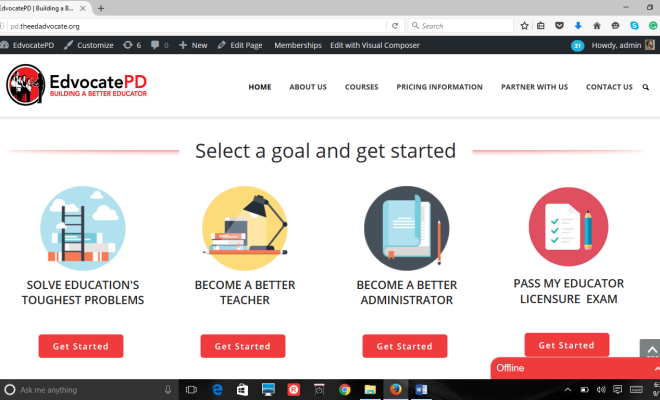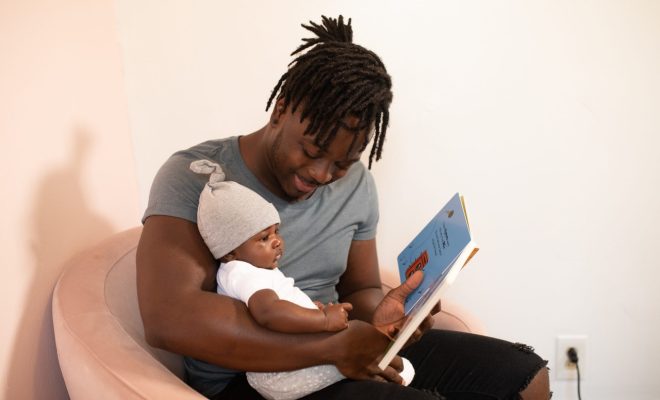Diverse Conversations: School Diversity Program Mirrors Workplace

Business schools around the country are thinking about ways to implement programs that increase school diversity on campus. Steve Reinemund, Dean of the Wake Forest University School of Business, instituted the Corporate Fellowship program shortly after he arrived at the school in 2008, which helped the Master of Arts (MA) in Management program achieve the same kind of diversity found in today’s workplace.
Q: What prompted you/the university to institute the Corporate Fellowship program?
A: We had several objectives: We wanted to create a program that would attract liberal arts graduates, with no prior work experience, and offer both the educational background and the vocational discernment to prepare them for successful careers in business. It’s important to know how to lead in a multicultural environment; so one priority of this program was to recruit a student body that mirrors the global marketplace in, as a start, its racial and gender makeup. Graduate business education does not typically have the representation in these two areas that the marketplace demands, so we set out to attract a diverse student population. We asked corporations to fund and sponsor students in our MA program, offering both financial and developmental support. Ten percent of the class receives a Corporate Fellows scholarship each year.
Q: What has been the impact of the program, thus far?
A: For the institution, it has helped us reach a broader network of corporations. We think that people knew about the Wake Forest School of Business, but this fellowship allowed us to tell companies more about our MA program and how it allows them to interact directly with our students.
We believe students receive a richer, fuller education and are better prepared for the challenges and sensitivities of the workplace when they are exposed to many different backgrounds and points of view, and are educated in an environment that that reflects the diversity found in the marketplace.
Q: What lessons can corporate sponsors teach these students (from underrepresented groups) that cannot be otherwise learned in a classroom?
A: The sponsors bring a real-life perspective to students and help them understand the types of situations they’re going to face in the marketplace, situations those students may not have otherwise considered. It’s an opportunity for companies to mentor these students before they enter the marketplace. I know from personal experience the benefits of having interns and establishing mentoring relationships with students: it builds a stronger bond with the students, they become more loyal, more knowledgeable and, potentially, more successful.
Q: How does this program foster networking opportunities, then further develop those professional relationships?
A: Throughout the MA program, we encourage formal and informal relationships, ranging from mock interviews to mentoring sessions, so students are prepared not only with book knowledge, but with practical knowledge about relationship-building. This varied interaction is particularly important, because many of these students have not had prior work experience.
By working with their mentors, students learn where their interests lie, how to make informed choices about where they can excel, and feel prepared to succeed when they are hired into those jobs. We address the challenges and sensitivities found in the workplace, so students are comfortable in social situations, such as business lunches, that are important to success and can leave candidates at a disadvantage if they’re underprepared.
Q: What are your application/award goals for the program?
A: In the 2009-10 academic year, we had 80 students participate in our MA in Management program. We set a goal of creating Corporate Fellowships for 10 percent of the class, and kept that steady as our MA program grew exponentially. In 2013-14 the class has increased to 140 students, 12 of whom are Corporate Fellows. Our goal for next year is 180 students; at least 18 of whom (10 percent) will be Corporate Fellows.
Q: What benefits exist for the corporate mentor, as well as his or her company, by participating in this program?
A: The mentors are investing in, and contributing to, an educational environment where the class represents the marketplace, a program we hope to see modeled elsewhere. The companies and organizations are gaining exposure to talented graduates who understand how to lead in a multicultural environment, and they’re learning about diversity and inclusion on a broader scale that applies, in many cases, to the workplace. It’s a laboratory for them.
Q: What suggestions might you have for other schools looking to create such a program?
A: We do our students a disservice if they are educated in classrooms that aren’t representative of society and the marketplace in which they’re going to lead and make a difference. The way you structure the program has to make practical sense to all participants, so there’s not one formula that would fit every program; the vision may be similar, but the execution may differ. We’ve done it with full tuition scholarships and stipends.
Every student and participating employer benefits in a program that teaches leadership in a multicultural environment. And the school clearly benefits, because this program has an impact on every other program in the School of Business. For example, in the 2013-2014 academic year, we have 12 Corporate Fellows in an MA class of 140 students. Thirty-five percent of the MA student body is African-American/Hispanic/Native American, so there are three times as many underrepresented students who are not on scholarship as those who are, and about half of our MA students are women. This is a byproduct of creating an environment that is welcoming and inclusive to all constituents.
The diversity effort is absolutely integral to the culture and success of our business program, and the student experience is dramatically richer because of it.
Well, that concludes my interview with Dean Reinemund. I would like to thank him for taking time out of him busy schedule to speak with us.





